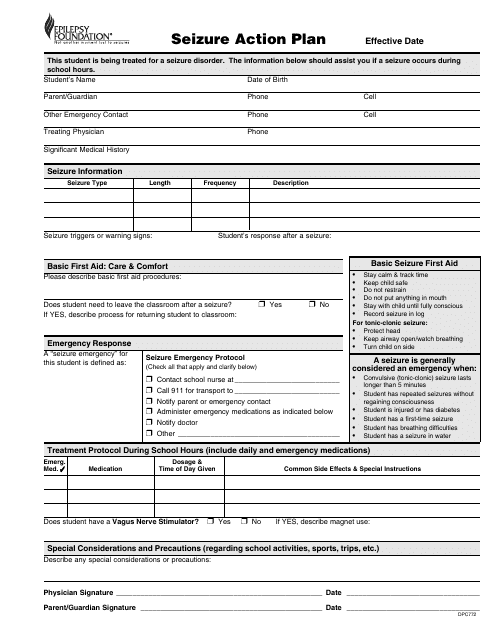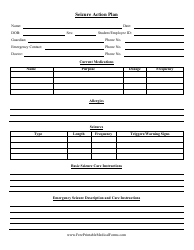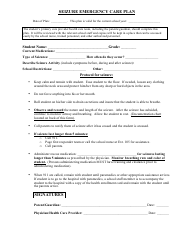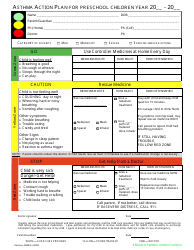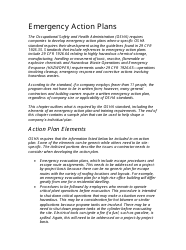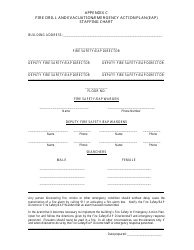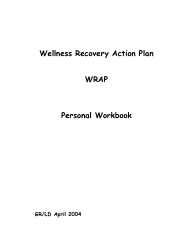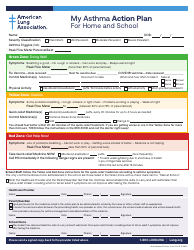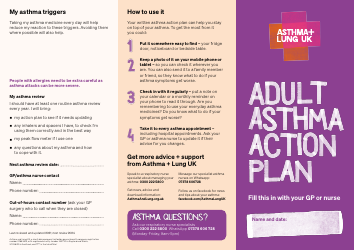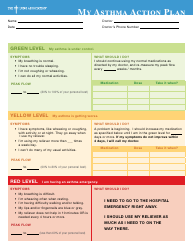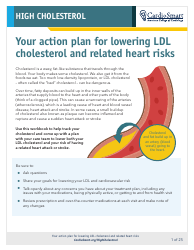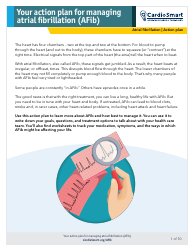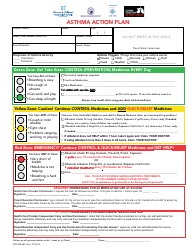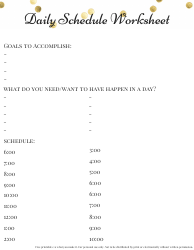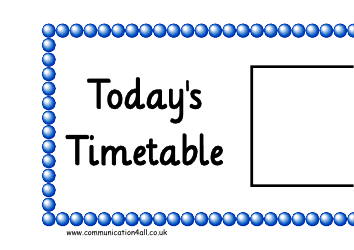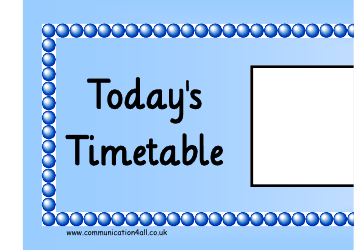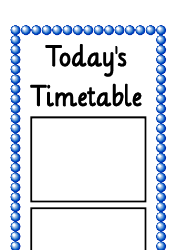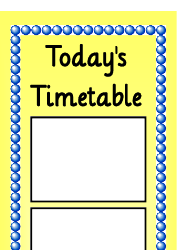Seizure Action Plan Template - Epilepsy Foundation
The Seizure Action Plan Template by the Epilepsy Foundation is a document designed to help individuals with epilepsy, their families, and their healthcare providers manage and respond to seizures effectively. It outlines essential information about the person's seizures, specific guidelines for seizure first aid, and relevant emergency contacts. It ensures that everyone involved is well-informed and prepared to handle a seizure episode.
The seizure action plan template is typically filled out by the individual with epilepsy, in consultation with their healthcare provider and/or the Epilepsy Foundation.
FAQ
Q: What is a Seizure Action Plan?
A: A Seizure Action Plan is a document that outlines how to respond to a person having a seizure.
Q: Why is a Seizure Action Plan important?
A: A Seizure Action Plan helps others know what to do in case someone has a seizure and ensures the person with epilepsy receives appropriate care.
Q: Who should have a Seizure Action Plan?
A: Anyone with epilepsy or a history of seizures should have a Seizure Action Plan.
Q: What information should be included in a Seizure Action Plan?
A: A Seizure Action Plan should include the person's name, emergency contact information, details about their seizures, and instructions on what to do during a seizure.
Q: Can a Seizure Action Plan be customized?
A: Yes, a Seizure Action Plan can be customized to fit the individual's specific needs and seizure characteristics.
Q: What should be done if someone is having a seizure?
A: During a seizure, stay calm, protect the person from injury, and time the seizure duration. Do not restrain the person or put anything in their mouth.
Q: When should emergency services be called during a seizure?
A: Emergency services should be called if the seizure lasts longer than five minutes, if the person has difficulty breathing, or if another seizure begins before the person has fully recovered from the previous one.
Q: What should be done after a seizure?
A: After a seizure, help the person into a safe position, offer reassurance, and stay with them until they are fully alert and oriented.
Q: Can medication be administered during a seizure?
A: No, medication should not be administered during a seizure. However, if the person has a rescue medication prescribed, it should be given as instructed by the Seizure Action Plan.
